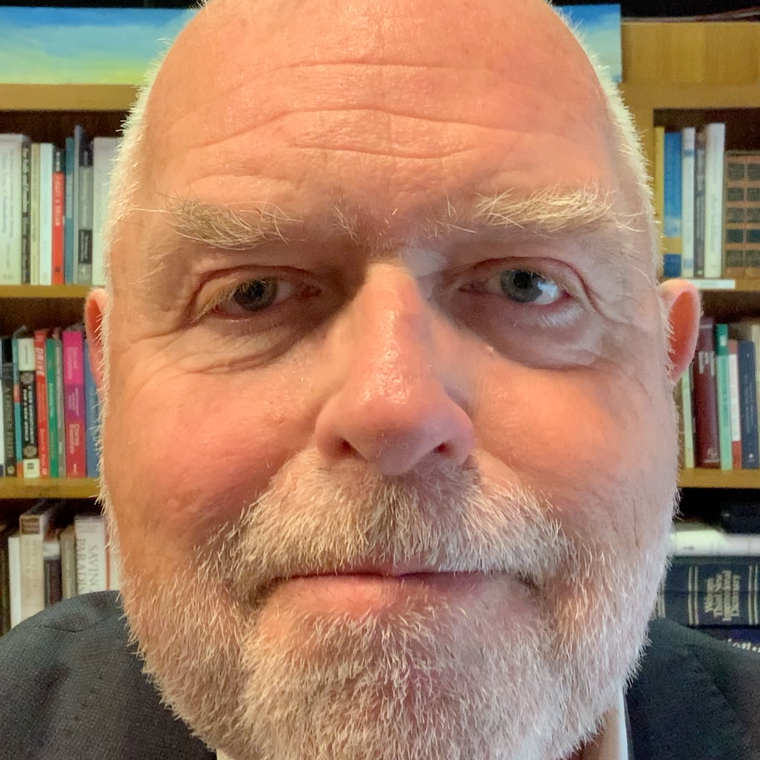
Rev. Dr. John Morehouse, Senior Minister
After years of obscurity, the Black Lives Matter movement has exploded into American culture with a fierce urgency that has not been seen since the Vietnam War. The reasons why this movement has gained this urgency are many. The fear and response to the pandemic, the crash of our economy, the loss of millions of jobs have all come together to make us especially sensitive to the injustice of police violence toward black and brown bodies. The murder of George Floyd by a Minneapolis policeman captured so vividly on video gave people the righteous anger to adopt a cause so long denied. With the BLM movement, there is a place for us to act in a world that seems to be so out of control.
More than that, the BLM movement has been laying the groundwork for such a time as this. Long before this happened, faith-based organizations such as our congregation and the UUA had taken a stand on BLM. Recall that four years ago when our BLM sign went up, we had more than a few critics in our community and the sign was stolen twice. Last week every community leader in Westport including the Police Chief was out on Jessup Green supporting the movement. Truly, it takes years of hard work before a movement is lit.
Many of you have asked how we can be helpful to the movement for black lives. For me the most powerful work we can do, especially those of us who are white, is to learn how to be anti-racist. I favor the definition of Dr. Ibram Kendi, who describes racism as those acts or words which support the notion that one race is superior to another. Anti-racism then are those acts and words we use to support the notion that no race or ethnicity is superior to another. In other words, I don’t believe that we are racist or not racist, but rather that we use words and take actions that are either racist or anti-racist. This removes the misnomer of racism as an identity intrinsic to any person or group. Most often we don’t intend to use racist words or take racist actions, but we are often conditioned to do so and must, therefore, endeavor to be mindful of that tendency.
Racism is not an identity, but rather a choice we make from one moment to another. It is possible, Kendi writes, to be racist at one moment and anti-racist at another. This is what makes being anti-racist so hard; we have to change the very way we see our world in order to be truly anti-racist. It's not impossible but it is hard and, like beating any addiction, it takes a change of worldview and lifestyle.
Neutrality is not really an option because if we aren’t actively trying to be anti-racist then the system of white privilege and supremacy remains our status quo. We will make mistakes as we endeavor to become anti-racist. We don’t need to collapse in exhaustion or ask for forgiveness, but we do need to do the faith work we are called to do.
Some of those involved with becoming actively anti-racist in our congregation have put together this resource list of learnings and actions you can take to become anti-racist. Check it out,
HERE.
I encourage you to pursue that which calls to you. I would suggest that you spend some time learning first about your own implicit bias and tendencies and then being prepared to be an ally when called upon. Our congregation is dedicated to actively doing anti-racist work. There are several groups studying their own racist tendencies and we are partnering with leaders and communities of color to see how we can help. One great place to start is to join Allies for Racial Equity. From there we will grow into our work and faith. As Dr. Kendi said, “at the heart of being an anti-racist is love.”
Yours always,
Rev. John
